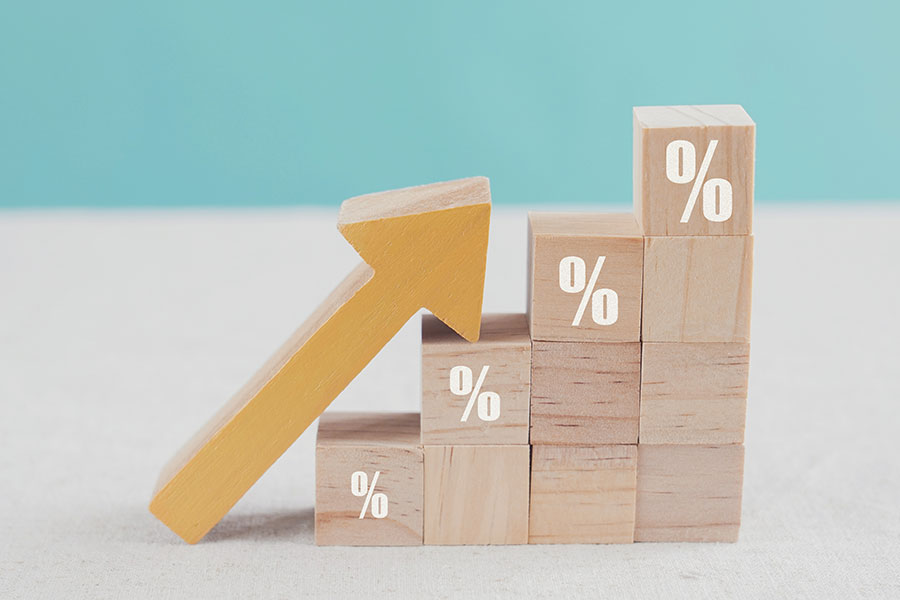
Practices have faced huge challenges and have undergone an incredible amount of change over the past few years, and this won’t slow down in 2023. The time has come now for practices to deal with the aftereffects of the global pandemic, increase in interest rates along with the rise of inflation.
The market for optometry sales is becoming quite interesting. In the past, most practices were sold privately to partners or associates, the true values of these practices were not tested by the open market. As such, the level of value was not necessarily as high as that of their dental and veterinary counterparts. This is now clearly changing as the market develops.
In general, valuations for healthcare practices are driven by two overriding forces: the industry’s appeal and current macroeconomic conditions.
1. The attractiveness of the industry can be summarized by these key factors:
• You have shown that optometric services are recession and pandemic-resistant, demonstrating quality performance relative to other businesses in challenging times;
• Aging population; and
• Solid historical growth rates of four to five percent, with a good outlook on future growth rates.
2. Macroeconomic conditions, the second force impacting valuations, affect prices because of the following factors:
• Record low-interest rates during the past decade, making capital cheap for practice buyers;
• Stable economic conditions and slow, but steady, economic growth; and
• An abundance of investment capital, and many investors finding our resilient industry to place their funds.
The last 3 months have certainly had an impact on individual doctors looking to purchase. The sharp rise in interest rates and the above average offers from corporate buyers have impacted the decision to purchase. Furthermore, with corporates offering sizeable compensation packages and signing bonuses, the idea of owning vs., being an employee is significantly less attractive. Younger doctors are burdened with huge amounts of student debt and seeking better work/life balance creating less interest in ownership among those under 45 than prior generations.
For owners, this is where practice values become a bit tricky. We predict the value of practices will decrease. This is simply because if key expenses such as wages and supplies increase, then net income will decrease. Cashflow plays a huge factor in determining the value. Therefore, if an independent owner is going to compete against the corporates in attracting and retaining doctors and staff in general, the owner will not only have to pay more but also consider offering signing bonuses. This is certainly a tough pill to swallow. Owners had a difficult enough time accepting that younger doctors wanted work -, life balance, but signing bonuses? What could be next?
As much as things may feel or look bleak, all is not lost. Good practices, continue to appeal to the right buyer. Business cycles have a wonderful way of self correcting. If you are not ready to sell for at least 5 years, now is the time to plan and be prepared to manage your finances with this in mind. Find out what your practice is worth now and budget for the proceeds of sale in your financial plan. There are a few reputable and experienced appraisers to choose from.
Ask yourself the following questions:
- Do I know the value of my practice today?
- Are there any reasonable overhead reductions I can make?
- Can I invest in new technology to add additional revenue or improve efficiency?
- Can I keep my gross income stable or, even better, increase it? As a note, practices in any state of decline worry buyers and usually attract a lower sale price.
The final thought as we move into 2023 is to “Keep Calm and Carry On”. The challenges that may come are ones that can be managed provided they are faced head on. I would like to leave you with one of my favourite quotes from Barack Obama “The future rewards those who press on. I don’t have time to feel sorry for myself. I do not have time to complain. I’m going to press on.”

JACKIE JOACHIM
Jackie has 30 years of experience in the industry as a former banker and now the Chief Operating Officer of ROI Corporation. Please contact her at Jackie.joachim@roicorp.com or 1-844-764-2020.










